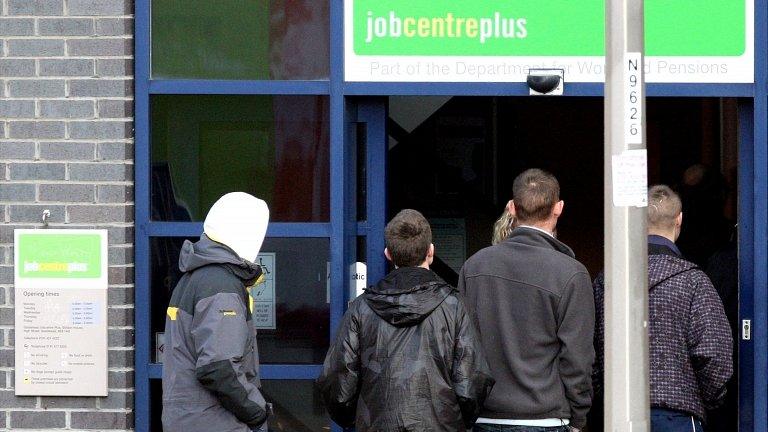Child benefit cuts lead thousands of parents to 'opt out'
- Published
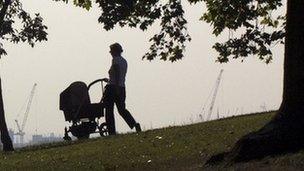
Many thousands of people have received letters explaining that benefit entitlement will change
Some 200,000 people - of 1.2 million - have opted out of receiving child benefit, ahead of changes on Monday.
Treasury Minister David Gauke said that was "slightly above" what was expected.
Families with one parent earning more than £50,000 will lose part of the benefit. It will be fully withdrawn where one parent earns above £60,000.
But unless parents opt out of receiving it by the end of Sunday, higher earners will still get the benefit and will have to pay it back later.
Those parents opting out will no longer receive child benefit - which is tax-free - but will also not be liable for any extra tax.
But for those families who continue receiving the benefit, the higher earner who earns above £50,000 will have to fill in self-assessment forms and pay a new tax. This will not necessarily be the parent receiving child benefit.
The level of tax paid will increase progressively based on how much more than £50,000 that parent earns. It will not be higher than the amount they or their partner would have received in child benefit.
Critics say the change will mean many thousands more people will end up having to fill in self-assessment tax returns, while a children's charity said the move would come as a "damaging blow" to some families.
In total, fewer than a fifth of parents who are to lose some or all of their child benefit have opted out of receiving the payment.
Labour shadow treasury minister Chris Leslie said this was just a "small fraction" of those affected.
"It could be a very nasty surprise for those families if they perhaps next year discover that they should have opted out by tomorrow night," he told the BBC News Channel.
He said it was "possibly one of the greatest administrative shambles" the coalition government would preside over during its term in office.
'Lot of awareness'
On Friday, leading think tank, the Institute for Fiscal Studies (IFS), warned the policy created "administrative complexities" and could cause "incoherence in the welfare system".
Speaking on BBC Radio 5 live, Mr Gauke defended the changes, insisting the part of the HM Revenue and Customs (HMRC) website which explains the changes had had around 1.2 million visitors.
He said: "Something like 200,000 people have opted out, which is slightly above what we'd expected at this stage so there does seem to be quite a lot of awareness about it."
HMRC chief executive Lin Homer agreed the transition was going "smoothly" and officials had written to some 800,000 of the estimated 1.2 million people who will be affected by the changes.
She told BBC Radio 4's Today programme HMRC had been "proactive" and was already "well ahead of where we expected to be at this point".
"Because it has worked better than expected, the administration charge of implementing this change we think is only going to be 50% of what we expected," she added.
However, some families say "opting out" of child benefit is not an option.
'Penalised by changes'
Anne Longfield, chief executive of 4Children, which runs Sure Start children's centres, said it undermined the government's commitment to children and families.
"Hard working families are already worried about how they will accommodate the rising cost of many day to day necessities such as childcare, rail fares and food. Removing their child benefit will be a damaging blow for families already feeling stretched to the limit," she said.
"Government has difficult decisions to make but families with children should not be on the frontline of cuts once again."
Nina Ketel, a mother from Cheshire, told BBC News: "I earn only £6,000 a year, but my husband earns just over £50,000 - so we are being penalised by these changes.
"I work part time for the local council so I can fit in child care around my job - I can't increase my hours.
"We can't afford to opt out so we will have to fill in the self assessment tax form."
Tax expert Heather Self said filling in tax returns can often be complex.
"I think people are concerned, not so much about whether this is fair or not, but the way the government's chosen to do it is almost the most complicated route they could have chosen," she said.
Child benefit is currently paid at the rate of £20.30 a week for the first child, and then £13.40 a week for each child after that.
It lasts until each child reaches 16, or 18 if they are still in full-time education, and in some cases until they are 20.
Because child benefit is tax-free, it has been suggested that the change for those losing all child benefit is the equivalent of a £4,000 salary cut for families with three children.
- Published5 January 2013
- Published5 January 2013
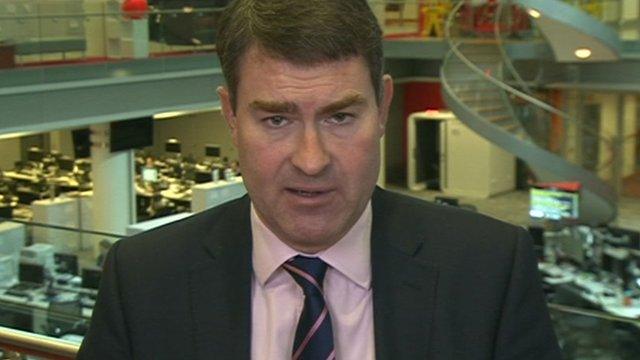
- Published22 September 2014
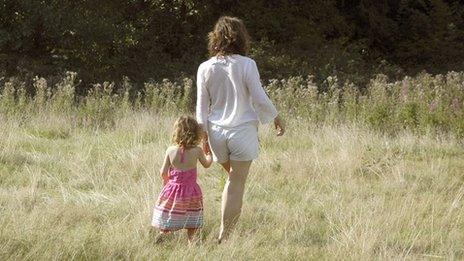
- Published5 January 2013
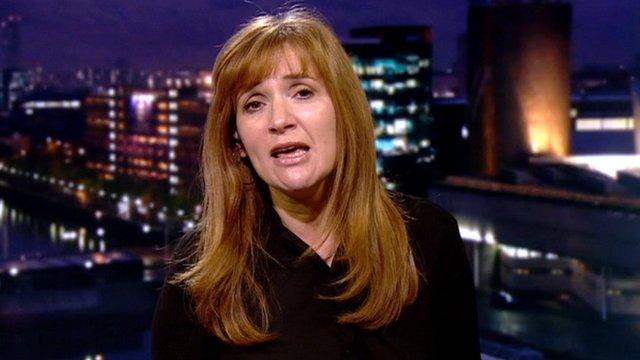
- Published14 November 2012
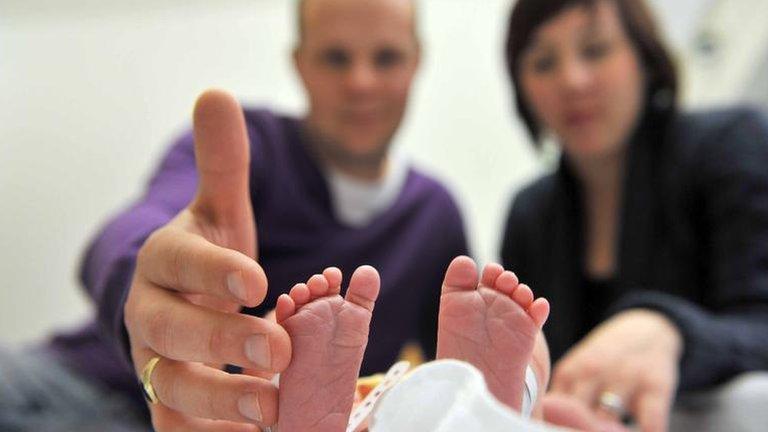
- Published3 January 2013

- Published4 January 2013
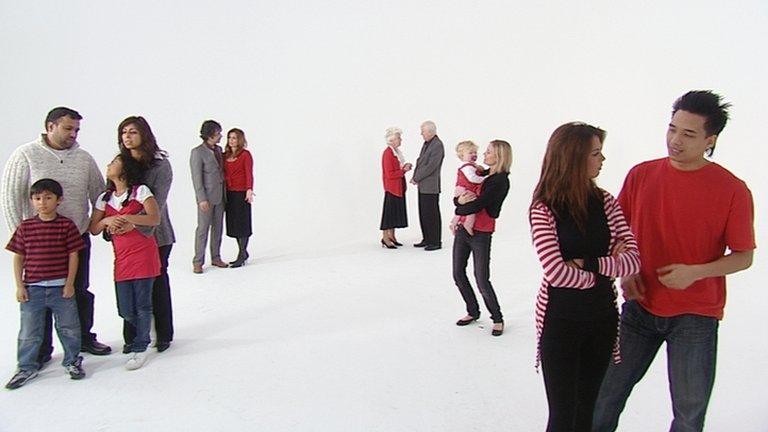
- Published9 September 2012
